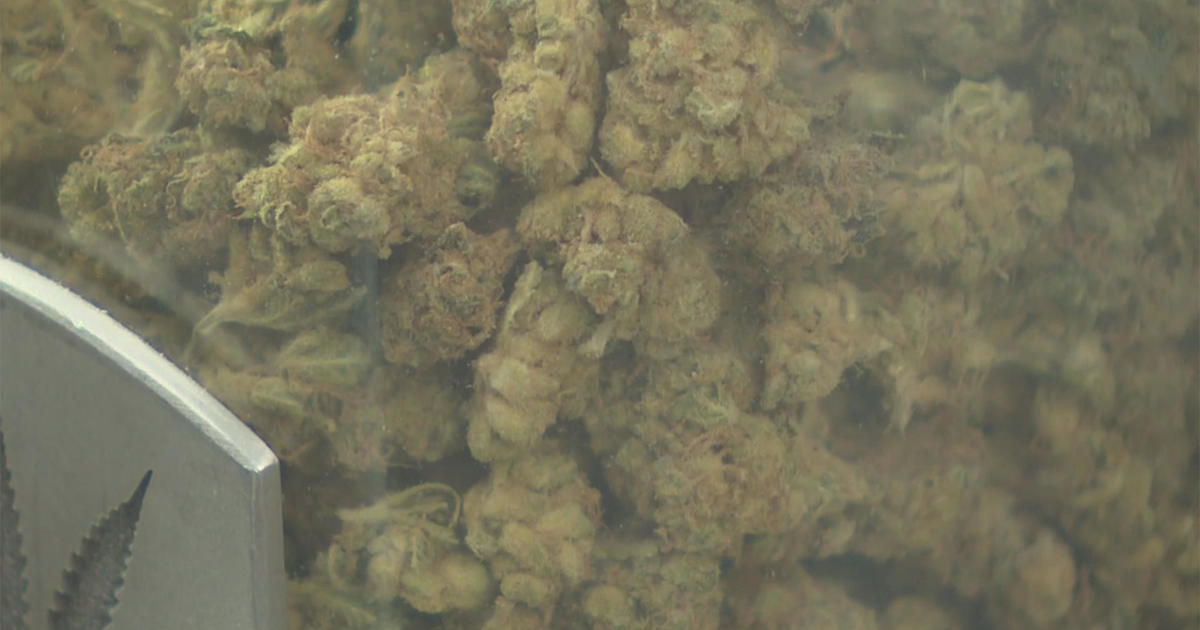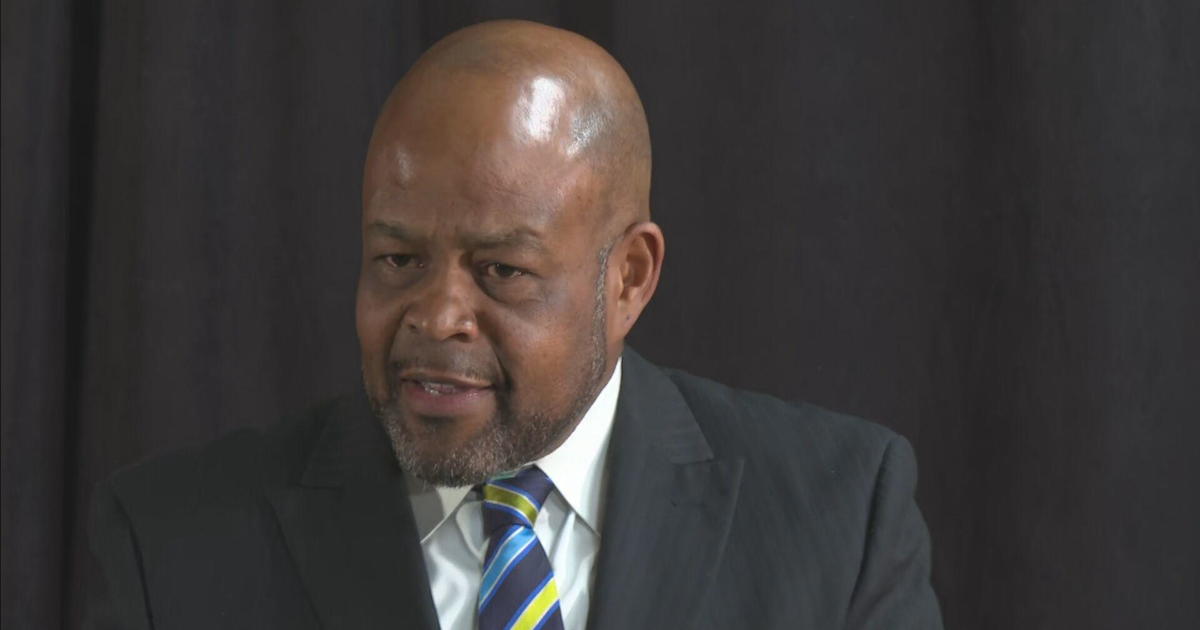Hillary Clinton's Case Of Pneumonia: What It Is, And What It Means
(CBS4) -When Hillary Clinton abruptly had to leave a 9/11 Memorial event, her campaign said it was due to "overheating". Later, her staff provided additional information, saying that the candidate had been diagnosed with pneumonia two days earlier. Clinton's personal physician later confirmed that information.
So what is pneumonia, and what does it mean, especially for a 68-year-old candidate for President of the United States?
First, her illness has been described as "walking pneumonia." That simply means that she is not sick enough to be in the hospital getting IVs and oxygen. The term is very generic, yet describes the majority of the two million cases of pneumonia diagnosed in the United States each year.
We also call this kind of situation "CAP", or Community Acquired Pneumonia, meaning you caught the germ while out and about in the world, not in a hospital, or nursing home setting.
In adults, the usual cause is a bacteria, such as streptococcus or mycoplasma. The "pneumonia shot" for older people covers some, but not all strains of bacteria.
In children, the usual cause is a virus.
Therefore, in adults, the usual treatment is rest, fluids, and antibiotics.
Pneumonia is typically a lot more serious than bronchitis since it affects the smallest and deepest parts of the lungs—the region where oxygen is directly absorbed from the bloodstream into the body. With bronchitis, it's usually the larger airways or tubes, and not as deep in the lungs.
Here are some key points about pneumonia:
Symptoms: They vary a lot, typically with cough, fatigue, and sometimes shortness of breath/fever. You generally feel lousy and don't have much energy. The cough can be severe or mild, and breathing can be easy or a struggle, especially when you exert yourself.
Diagnosis: first, we listen to the chest with a stethoscope and usually what we hear is a bunch of crackling, whistling, or wheezy noises. A chest x-ray is usually enough to confirm the diagnosis. Breathing rate typically is more rapid (usually we take in about 18 breaths a minute—with pneumonia it can be 10-20 more). A measurement of oxygen in the blood is also helpful. That test is called a pulse-ox, and you've probably had it done routinely by that little clip put on your finger when you go for a doctor's visit.
Treatment: it all depends on how sick you are. Most cases are handled at home. Try to push it, and you can get dehydrated, feel faint, short of breath, and ultimately land in the hospital.
Who is most prone: anyone, but we do especially worry more about people over 65, or those with underlying health problems. It is important to say that this is not necessarily an unusual time for pneumonia—I've seen several cases the past month or so, and almost all were people in their 20s, 30s, 40s , and otherwise in great health---so it once again, can hit anyone, at any time.
Now, when it comes to Clinton, all we know now is a lot of pieced together bits of info, so we probably don't have the whole picture. It's not appropriate for any of us to play doctor—even us doctors-- and form a definite conclusion without more information.
Yet to sum things up after this weekend, if the reports are accurate, Clinton may be forced to cut back her activities to get her strength and "sea legs" back. Our advice to any patient with pneumonia is to take it easy, rest up, and get better. Even in the best case scenario, it takes 2-4 weeks to feel top-notch again—not the best news when you're in the middle of a national campaign.
Dr. Dave Hnida is CBS4's Medical Editor. He blogs about the latest studies and trends in the health world. Read his latest blog entries, check out his bio or follow him on Twitter @drdavehnida



